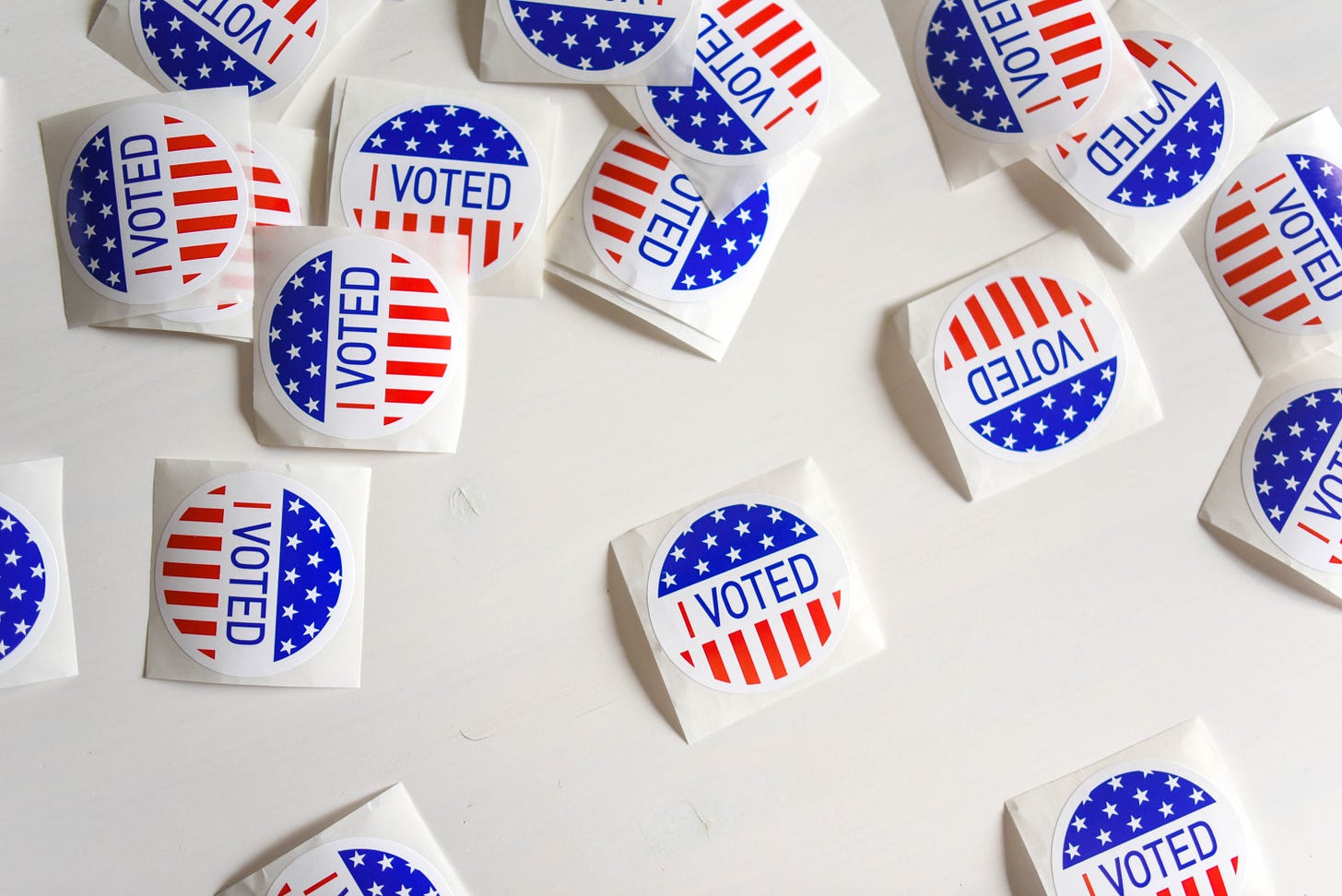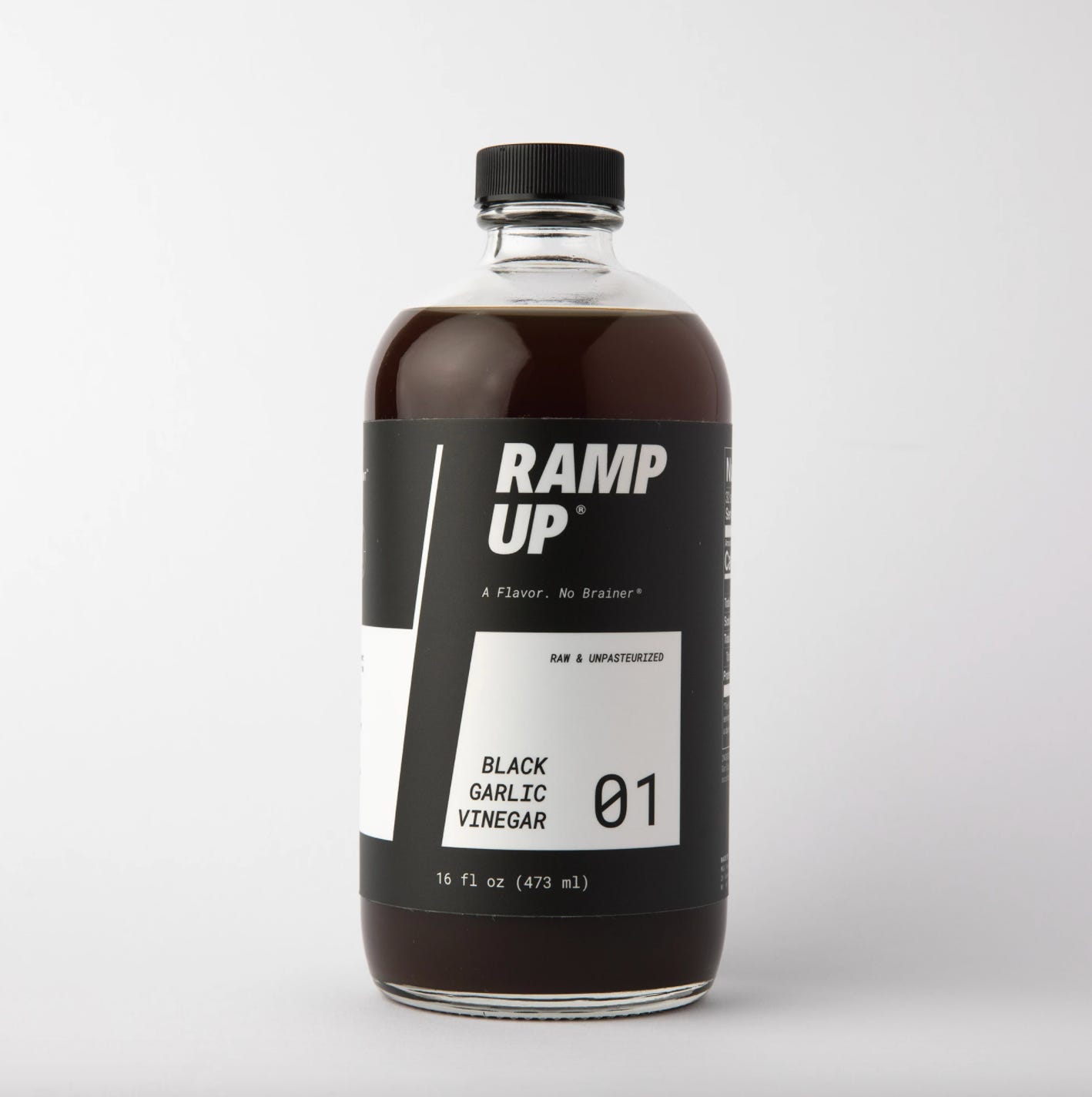Facebook employees know what’s up
New survey data indicates that the company’s workforce is exhausted from reconciling Mark Zuckerberg’s idealistic vision of what Facebook is and the real consequences his powerful worldview has on us.

Shortly after the 2016 election, Facebook CEO Mark Zuckerberg was asked by tech journalist David Kirkpatrick at the Technonomy conference about his app’s role in spreading influential misinformation to the extent that it tilted the final result in favor of Donald Trump. “Personally I think the idea that fake news on Facebook, which is a very small amount of the content, influenced the election in any way — I think that’s a pretty crazy idea,” the 36-year-old executive told Kirkpatrick. “Voters make decisions based on their lived experiences.”
Nonetheless, Facebook has spent the past four years transforming its approach to elections. According to reporting from Ryan Mac and Craig Silverman at BuzzFeed News, the tech company has taken down 6.5 billion fake accounts in the last year and removed 135,000 pieces of media from Facebook and Instagram for violation of voter interference rules. “Thanks to the efforts of far, far too many of you to mention by name, Facebook is a very different company today,” Nick Clegg, Facebook’s vice president of global affairs and communications, said in an internal memo. And in yesterday’s post, I wrote about how Facebook’s plan for tonight’s election, which includes deploying dozens of employees to a “war room” to identify efforts to destabilize the results. We’ll know in a few hours how ripe or rotten the fruits of this labor was.
Mac and Silverman’s reporting also included data from Facebook’s semi-annual “Pulse Survey,” which was taken by more than 49,000 employees over two weeks in October. 51 percent of respondents said they believed that Facebook was having a positive impact on the world, which is down 23 percentage points from the company’s last survey and May and nearly six points lower than the same period last year. 56 percent of employees responded favorably to a question about Facebook’s leadership — compared to 76 percent in May and over 60 percent last year. (May’s Pulse results were likely driven by the company’s widely praised response to COVID-19.)
The survey data comes after a hellacious summer for Facebook. Employees led the first virtual walkout in the company’s history after Zuckerberg decided against taking down Trump’s racist “when the looting starts, the shooting starts” post. “We recognize the pain many of our people are feeling right now, especially our Black community. We encourage employees to speak openly when they disagree with leadership,” a Facebook spokesperson said in a statement to The Supercreator at the time, adding that the employees who participated in the demonstration would not be required to use their paid time off. (In September, according to Mac and Silverman Facebook implemented rules that prevent employees from discussing social issues unless they did so within designated groups; some employees interpret these rules as an attempt to squash company criticism.)
Zuckerberg also faced internal scrutiny for the influence of Joel Kaplan, Facebook’s head of policy and a former aide in the George W. Bush administration. And he caught hell after Facebook failed to remove a page that issued a “call to arms” in advance of the protests in Kenosha, Wisconsin after the Jacob Blake police shooting. Then there was the critical civil rights audit that, among other things, detailed how “harmful and divisive rhetoric that amplifies hate speech and threatens civil rights” and the antitrust hearing suggested Zuckerberg acquired Instagram and WhatsApp to avoid competition.
It’s clear from the Pulse results that a growing population of the workforce is exhausted from reconciling Zuckerberg’s idealistic vision of what Facebook is and the real consequences his powerful worldview has on us. (Facebook did not respond to a request from The Supercreator for comment on if and how data from Pulse informs product and policy decisions.) As I wrote in June:
Zuckerberg’s white male identity exempts him from the oppression, marginalization and discrimination that women, people of color and LGBTQ+ individuals experience from those who benefit from the white supremacy that sustains his disproportionate wealth and power. No product — regardless of the convenience or connection it provides — is worth it if it also serves as an unchecked weapon of mass harassment and violence against those of us who have been underserved and overlooked by the institutions designed to guarantee liberty and justice for all.
And while the utopia of the Obama era didn’t really require tech employees and social-app users to take racism, voter suppression or electoral politics that serious, our current moment finds us at a crossroads that has more people wondering if their work is having the intended impact. And that’s a good thing.
But as real as Facebook’s unfavorable public opinion and internal dissent may be, it has yet to dent its bottom line. Last week, Zuckerberg reported $21.5 billion in revenue for Q3 2020, up 22 percent from last year. Its daily active user base grew to 1.82 billion, up 12 percent year-over-year and monthly active users were up 12 percent too at 2.74 billion. So until usage and revenue declines, it’s a “pretty crazy idea” to think that Zuckerberg will meaningfully change Facebook’s stripes anytime soon.
FYI
My election night plans consist of FaceTiming my family in Texas for some laughs, scarfing down Chinese takeout and bodega snacks and watching as much of MSNBC’s coverage from Joy Reid, Rachel Maddow and Nicolle Wallace as I can consume. With that said, there’s no wrong way to experience tonight. I hope you feel empowered to do what works for you without apology or shame. After all, that’s the best way to honor the freedom we’ve all voting for in this election.
Read All About It

Bridget Read at the Cut on the unique dread of this Election Day:
The last few weeks were filled with remarkable images of people braving long lines at the polls, sometimes in pouring rain, in the midst of a pandemic. Presented in a certain light, these are moving testaments to the determination and will of American voters. But every time I saw another post about people getting sent pizzas while inching closer to their polling place, discomfort hovered behind the sweetness of these stories. It shouldn’t take hours to early vote. And then there are those who can’t, or won’t, vote at all: Millions of people who are disenfranchised, like formerly incarcerated Floridians, for instance, who only just won the right to representation, and then had it effectively taken away by a new law mandating that they must pay back their court fees before voting. Or workers at a warehouse in Staten Island just a dozen miles from me who asked for a day off from their employer to go vote, but didn’t get it. Or those who aren’t voting because they have come to believe it won’t make a difference, because it has never made a difference for them.
Maura Brannigan at Fashionista on fashion stylists, the “flashy new secret weapon” of TikTok creators:
Until earlier this year, the vast majority of companies would never have sunk advertising dollars into a TikTok campaign. (Charli, the app’s most-followed user, didn’t even join TikTok until June 2019.) That all changed when it became clear just how engaged — i.e., financially lucrative — the app’s audience was. “TikTok is this very, very powerful space where it’s possible to go viral very, very fast,” Jennings explains. “It wasn’t the wild-west of yet another basic social-media platform.” And TikTok Fame™ is starting to look a lot more like Traditional Fame™ because of it.
Lois Parshley and Youyou Zhou at Vox on why every state should adopt a mask mandate:
New unpublished research from Kansas and Tennessee suggests that not only do mask mandates prevent Covid-19 spread, they may also blunt the severity of illness and reduce the number of serious cases that require hospitalization. Other findings support the argument more and more public health experts are making: that masks remain among our cheapest most effective tools to control the pandemic — if worn consistently.
Aliya S. King at Level on how a Gen Z coped with their first white president:
When Hillary Clinton lost the election to Donald Trump on November 8, 2016, a generation of children of color lost their innocence. For anyone born in 2005 or later, the first and only president they had known was Black and beloved. Not only did their new president ascend to the White House after a campaign that made a joke of the political process, but many young people also saw their parents crumble that night, in a way they’d never seen before.
Four years later, those kids are teens — and they’re more politically astute than their ’80s and ’90s counterparts could have dreamed of. Ronald Reagan and the Iran-Contra Affair were barely homework assignments for us; Gen Z teens might not even be old enough to vote, but they know who they’d vote for all the way down their local ballot, what it means to flip the Senate, and why RBG’s legacy is also problematic.
Nick Quah at Hot Pod News on if Spotify should be responsible for what Joe Rogan does:
It’s often been asked of Spotify whether it’s a Netflix or a YouTube, with that inquiry generally being used as a way to think through how they should be held accountable for the content that flows through their pipes. That binary is false, I think, as the company has built its push into podcasting on the twin prongs of serving as a publisher of original content (substantiated by talent deals and various acquisitions) and serving as a platform (substantiated by acquiring the hosting platform Anchor). In other words, Spotify is effectively both Netflix and YouTube, and as such, they are exposed to being held accountable to either paradigm depending on the situation. In this specific context, they are responsible for The Joe Rogan Experience as a publisher in much the same way that… oh, I don’t know, YouTube is responsible for Cobra Kai. And someday — perhaps sooner than you might expect — they should be held responsible for hosting unambiguously bad or harmful actors on Anchor.
Talib Visram at Fast Company on what America is likely to eat on Election Night:
If results from 2016 are a clue—results from delivery apps, that is—tonight will be another big night for restaurants that offer delivery. Postmates reported a 20% jump in food delivery on November 8, 2016, compared to the week prior. MarketWatch reported that DoorDash had a 46% increase in pizza orders, and a 79% surge in cupcake orders. Different cities had different favorite orders: while New Yorkers ordered chips and salsa, coconut sticky rice, and Greek salad, Chicagoans opted for crab rangoon and chicken tikka masala. (Election night aside, TIME also found that the most bipartisan food was spicy salmon rolls.)
Feedback
If you’re enjoying what you’re reading, please recommend The Supercreator. They can sign up here. If you want to share your thoughts on an item from this post or on The Supercreator in general, reply to a post or email me at michael@thesupercreator.com.
Super Picks

Ramp Up 01 Black Garlic Vinegar: I cooked honey garlic chicken and rice for lunch to calm my election-day jitters and the recipe called for vinegar. I used the apple cider this time, but I look forward to the benefit of twice the amount of antioxidants this version will add to my dishes.

